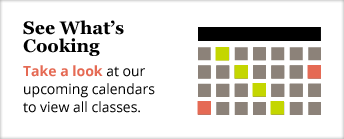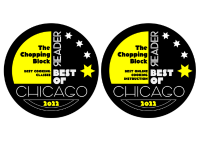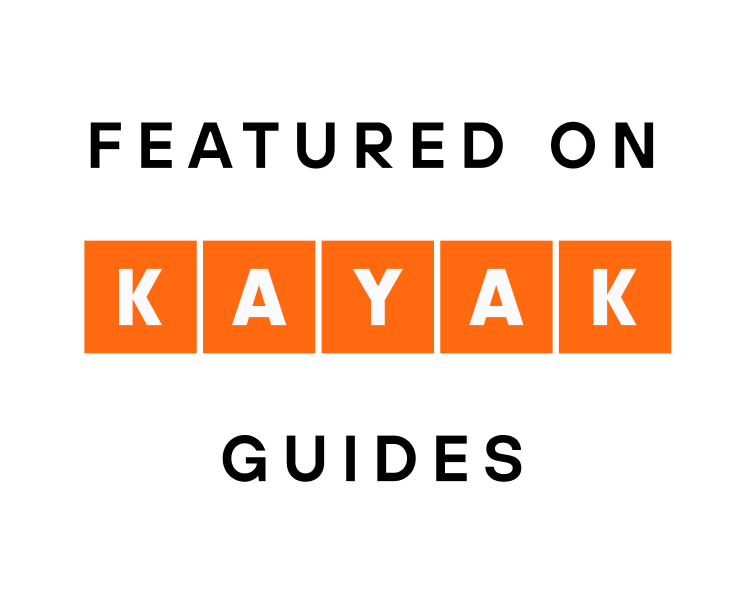Over the course of the last decade or so, there have been countless dietary myths that seem to make sense on the surface, but don’t pass the test when actual human physiology and scientific research are accounted for. As a trainer and nutritionist, I spend a lot more time than I’d like repeating myself on why these myths are simply untrue.
Some of the more common ones are:
- Carbs make you fat.
- FALSE
- Eating too many total calories for your activity level makes you fat.
- Eating eggs (or any food high in cholesterol) raises your blood cholesterol.
- FALSE
- Blood cholesterol works on a negative feedback loop. In other words, your body will produce less cholesterol if you are getting more in your diet, and vice versa. Excess saturated fat, on the other hand, can raise you blood cholesterol levels.
- High protein diets are bad for your kidneys.
- FALSE
- Processing protein will raise the urea levels in your blood (urea is the final metabolized form of protein so this makes sense). Individuals with kidney failure or disease will also have higher urea levels. This does not mean high protein equals kidney failure.
- And finally, one of the more persistent and controversial myths, (as well as being a bit more complex than these others) is that sodium should be limited to promote heart health. In fact, excessively limited if we’re going by the antiquated World Health Organization (WHO) or American Heart Associations (AHA) recommendations.
Now before I continue here, I’d like to make it perfectly clear that I am a certified nutritionist, not licensed dietitian, so any advice I give is not meant to help treat or cure a disease, it is just general nutritional advice.
Let's step back and look at what sodium is. Sodium is a mineral, but its not just any mineral - it functions as an electrolyte, along with potassium, calcium, magnesium, phosphate, and chloride. In my previous post, I detailed what electrolytes are, but essentially they help regulate fluids in the body. Sodium has a special relationship with potassium in that sodium controls the pressure of fluid outside cells, and potassium controls pressure inside cells. If you increase sodium intake without changing potassium intake, blood pressure will increase, and if you increase potassium intake without changing sodium intake, blood pressure will decrease.
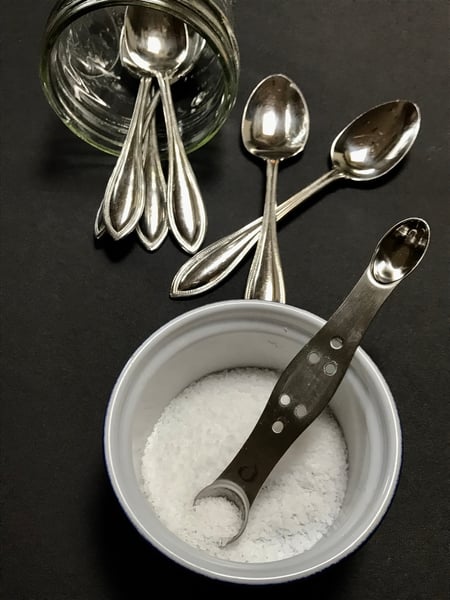
Now that we’ve got a better handle at what sodium does within our bodies, let’s discuss the practical applications here. Given all things being equal, consuming more sodium will increase blood pressure, so it makes perfect sense that suggesting a lower sodium diet would be wise to keep blood pressure down.
However, some issues arise when it comes to the suggested levels of intake. The WHO recommends a 2.0 grams of sodium per day limit, and the AHA suggests a measly 1.5 grams. Last year, a massive study was published that followed 94,000 individuals aged 35-70 from 18 different countries for roughly eight years to learn about their salt intake. The findings were that only in communities where daily sodium intake was over 5.0 grams was there any sort of association with cardiovascular disease and stroke. In areas where sodium was consumed on average of 3-5 grams a day, there was an inverse relationship between sodium intake and stroke. 3-5 grams a day is far above the WHO and AHA recommendations, but those levels were shown to have a reduction in the very conditions that these organizations are supposedly safeguarding against.
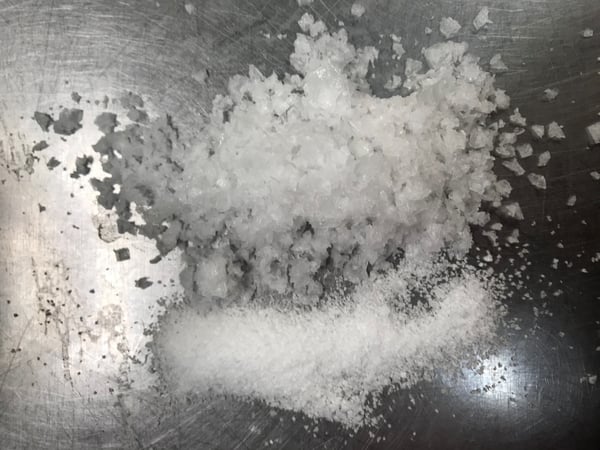
To add more fuel to this controversy, people who consumed over the 5 grams a day but also were getting adequate potassium showed zero increased risk. I mentioned in my last post that it’s estimated that 60% of people are potassium deficient, and also that potassium is found in pretty much all fruits and veggies as well as some meats.
For the most part, unless you are extremely heavily salting your food or eating a ton of sodium-packed processed foods, surpassing 5 grams of sodium on a daily basis would actually be sort of difficult. Most of us have been told to watch sodium intake by one person or another, and we've all seen lots of food advertised as “low sodium”, but how often have you been told to increase your potassium intake? Have you ever seen a food that was “fortified with potassium”?
For 99% of people, if you eat lots of fruits and veggies in your diet and keep heavily processed stuff to a relative minimum, blood pressure won’t really be an issue (given that you also maintain a healthy body weight, something that the U.S. is clearly not the best at). Telling people that sodium is bad is extremely short sighted, and in many cases can be harmful.
How many times have you been watching a pro sporting event and an athlete leaves the game due to cramps? I can assure you it’s because they’re lacking in sodium, not water or potassium. Anyone who participates in very vigorous exercise should probably be consuming more than that 5 gram daily limit because they’re losing a ton of sodium through their sweat. These people coincidentally are usually the ones eating the “cleanest” diet of all whole, unprocessed foods, and unless they understand how sodium works, they may even be making a conscious effort to avoid it. I personally take a pre-workout drink before long and intense lifts that has roughly 5 grams of sodium bound to some of the other electrolytes mentioned above to improve my performance in the gym.
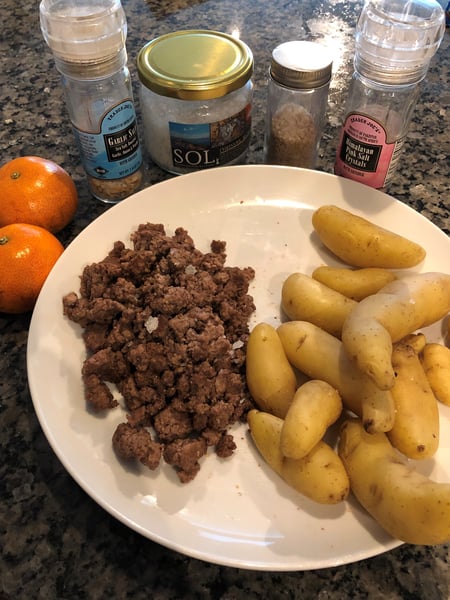
The above is a pretty standard lunch/post workout meal for me: 10-12 oz lean meat and 10-16 oz starchy carbs, both salted, and some veggies or fruit.
Unfortunately our society as a whole seems to enjoy talking in absolutes when it comes to nutrition, as well as demonizing foods/food groups/nutrients we allegedly shouldn’t consume and adopting an exclusionary approach to diet, instead of embracing food as something to enjoy and make a part of our lives in an optimal way.
I’m not telling you to suddenly go into a sodium free-for-all, instead maybe do not think twice about that extra dash of salt on your favorite dish or having to reach for a reduced-sodium cocktail sauce on your shrimp. Your taste buds will thank you and, assuming that you are eating plenty of fruits and veggies, contrary to popular opinion, your heart might too!
The Chopping Block's new line of salts is a great place to start for seasoning your food well. They offer a fine sea salt, Kosher sea salt and big flake sea salt for all of your cooking needs.
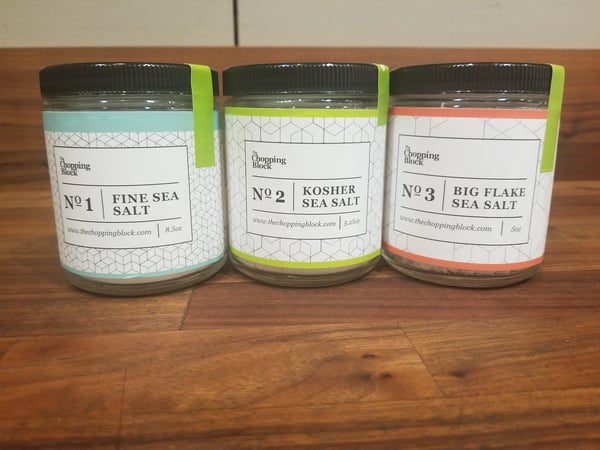
Stop in the stores for a taste of all three, or check out an upcoming cooking class to learn how to properly season your food.



